According to Japanese media, the US, South Korea and Japan are trying to reach an agreement on sharing missile warning data in discussions scheduled to take place on the sidelines of the Shangri-La Dialogue in Singapore in June.
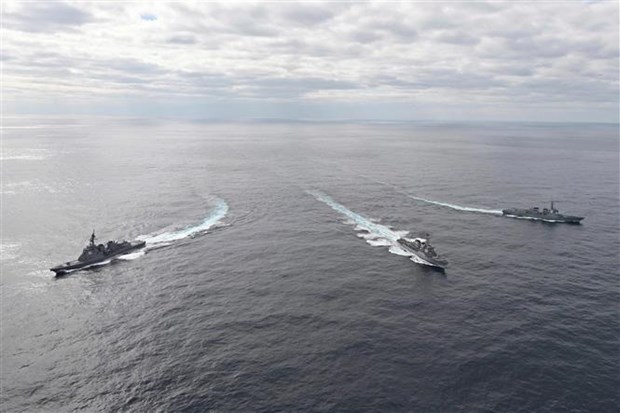 |
| The Japan Maritime Self-Defense Force's JS Atago, the US destroyer USS Barry and the South Korean Sejong the Great-class destroyer participate in a missile defense exercise in international waters east of South Korea's Ulleung Island, February 22, 2023. Photo: AFP/TTXVN |
According to Yonhap news agency, the South Korean Defense Ministry said on May 9 that the country, along with the US and Japan, is still negotiating ways to share real-time missile warning data.
Speaking at a regular press briefing in Seoul, South Korean Defense Ministry spokesman Jeon Ha-kyu said consultations on details of how to share data are ongoing and no official decision has been made yet.
The consultations come as South Korean President Yoon Suk-yeol, US President Joe Biden and Japanese Prime Minister Fumio Kishida agreed to share the data during a trilateral meeting in Cambodia in November 2022.
Earlier, Japan's Yomiuri Shimbun newspaper reported that Seoul, Washington and Tokyo are considering a plan to quickly share missile warning data through the US Indo- Pacific Command (INDOPCOM) system, based on a trilateral information-sharing agreement signed in 2014.
The three countries are trying to reach an agreement on measures to share missile warning data in discussions scheduled to take place on the sidelines of the Shangri-La Dialogue - an annual security forum in Singapore - next June, according to the Yomiuri Shimbun newspaper.
Real-time sharing of missile warning data from radars and other equipment is currently taking place between the South Korean military and U.S. forces in Korea, and between the Japan Self-Defense Forces and U.S. forces in Japan.
The agreement is expected to enable trilateral data sharing through INDOPACOM. Information gathered through this method is expected to enhance the three countries’ ability to detect and track incoming missiles.
Some observers say that if finalized, the deal could lead to the establishment of a regional missile defense structure to counter external missile and nuclear threats.
( According to https://www.vietnamplus.vn/myhannhat-dang-dam-phan-ve-chia-se-du-lieu-canh-bao-ten-lua/861524.vnp )
.
Source link






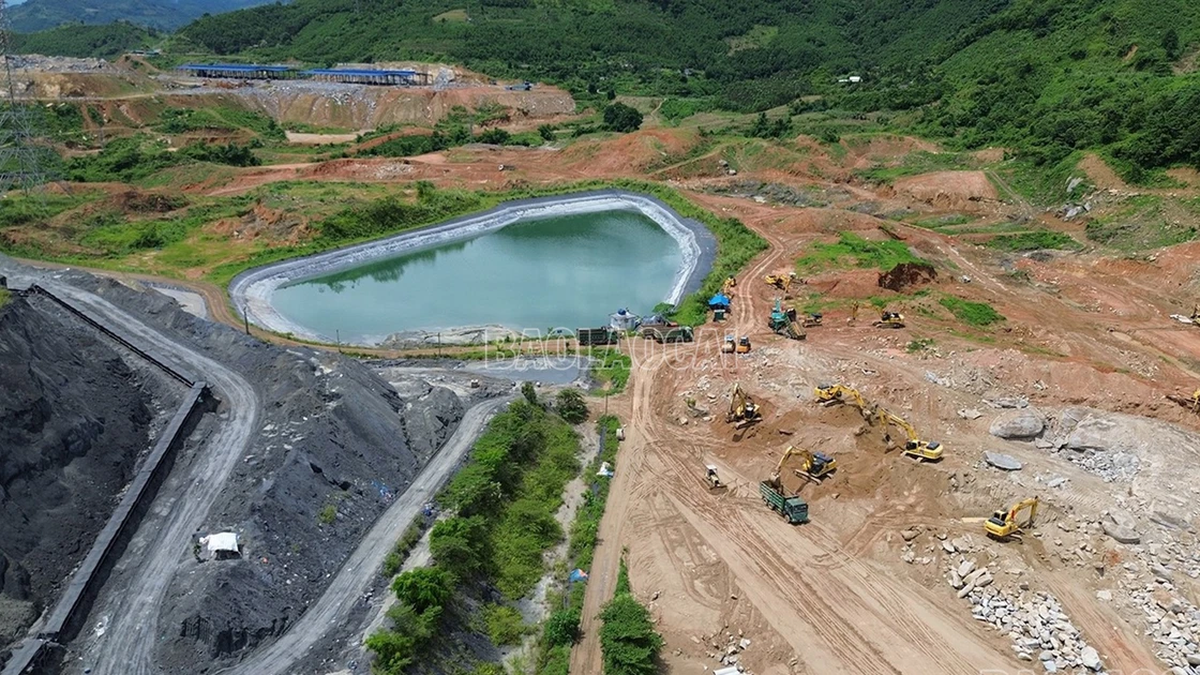
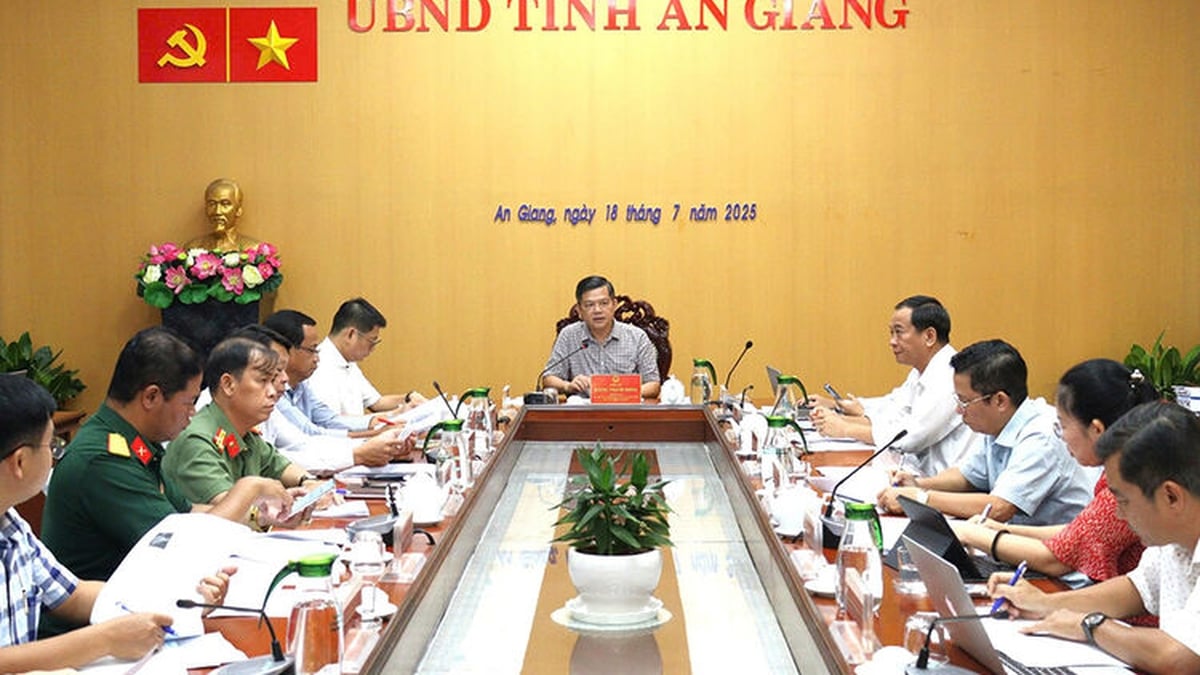

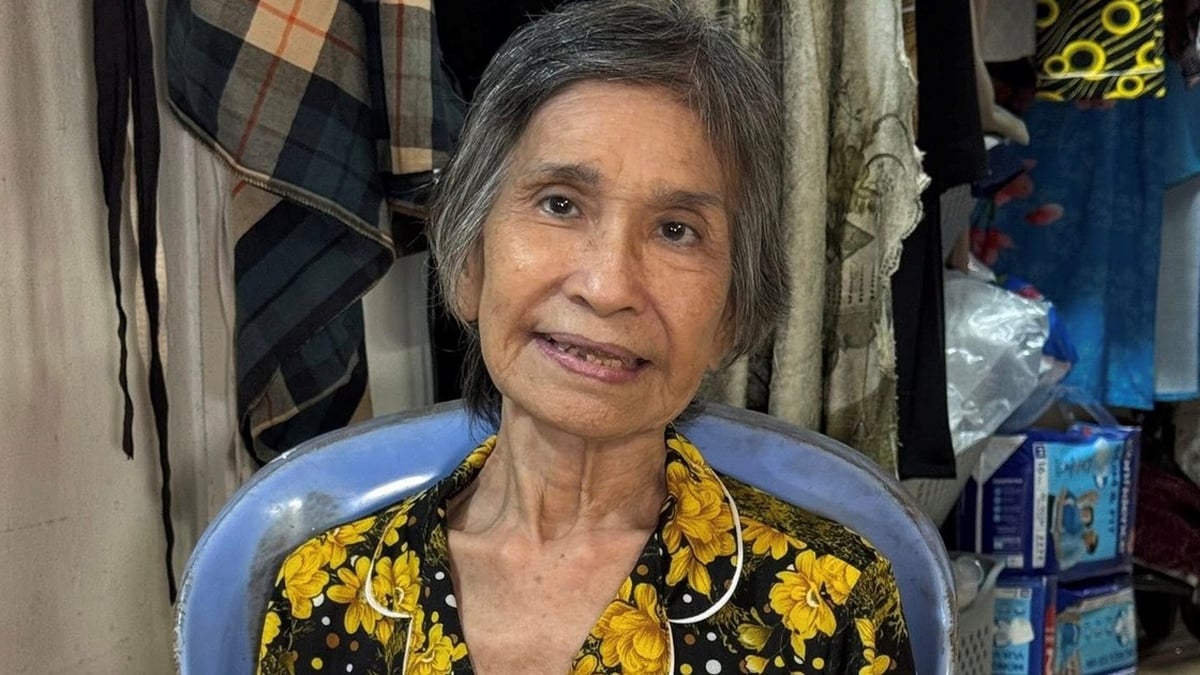
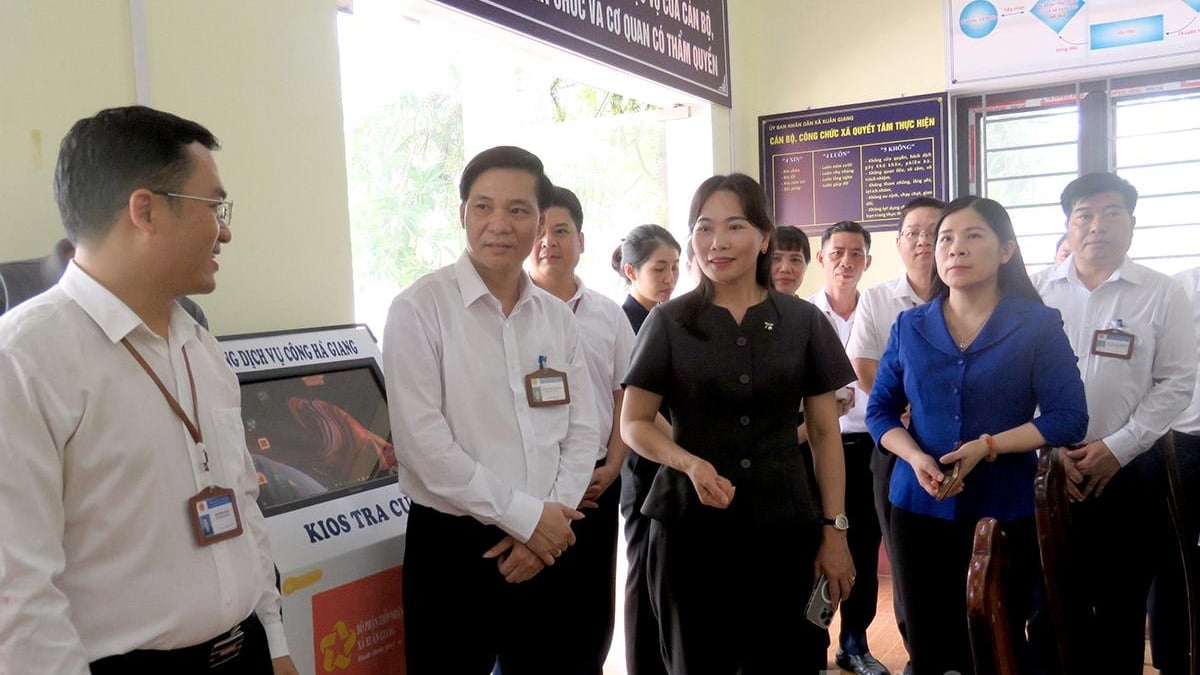


































































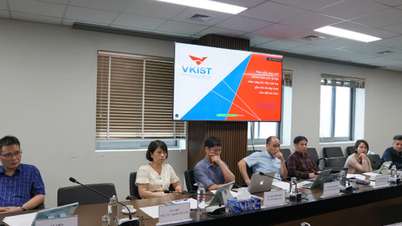
















![[Infographic] In 2025, 47 products will achieve national OCOP](https://vphoto.vietnam.vn/thumb/402x226/vietnam/resource/IMAGE/2025/7/16/5d672398b0744db3ab920e05db8e5b7d)





Comment (0)